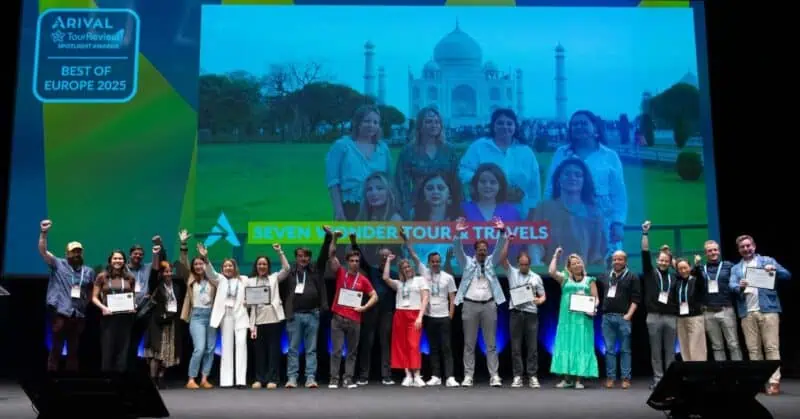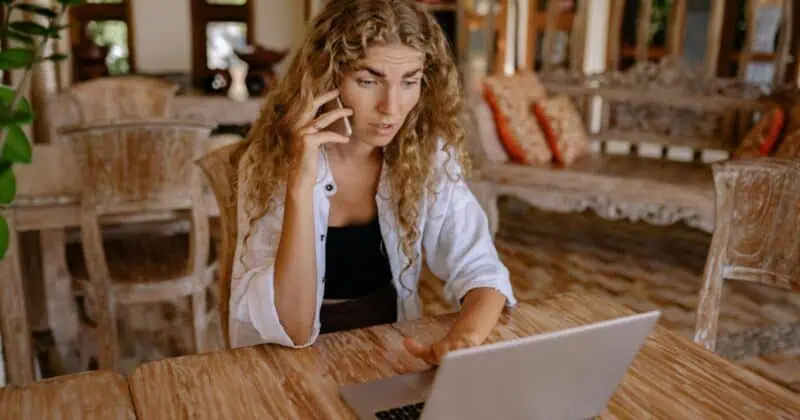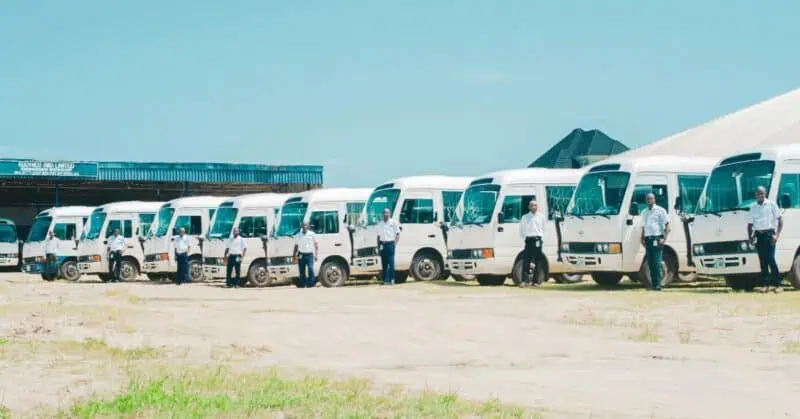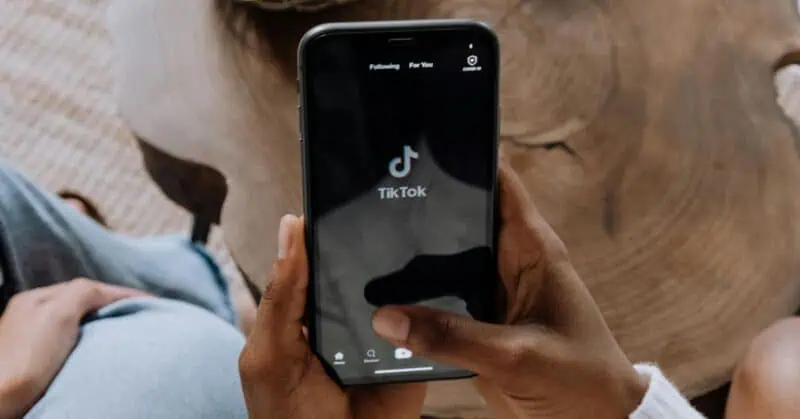How this African operator turned personal loss into a conservation mission.
Some people walk around their neighborhoods and see squirrels and birds. Abdullie Mfinanga grew up around giraffes, leopards, rare monkeys, spotted hyenas and more.
“I’m from the northern part of Tanzania in a small area called Arusha,” he says. “It’s a hub for tourism in the country.” Tourism was also something of a family business. His grandfather acted as a safari guide, ushering tourists into the country’s numerous national parks in order to show them the breathtaking scenery and varied wildlife. Following in his grandfather’s footsteps, two of his brothers were also involved in tourism. “My older brother became a safari guide and opened up a safari company in Arusha, and my younger brother became a tour guide as well,” he notes.

Tourism is embedded in Mfinanga’s DNA, so it’s not surprising that he eventually founded the company Wito Africa Safaris, which offers luxury customized travel experiences in Tanzania. But his re-commitment to tourism and its impact on the Tanzanian people and its wildlife stemmed from a horrible tragedy. “Unfortunately, in 2017, I lost two of my brothers on a plane crash that happened near one of the conservation areas in Tanzania,” he says. “It killed all 11 passengers, and two of them were my brothers—my older brother who owned a safari company and my younger brother who was also a tour guide and a ranger in the Serengeti.”
Unexpected tragedy often reshapes the lives of the families left behind—and this tragedy had a profound effect on Mfinanga. “Right after that incident, it pushed me to be more into keeping up with what my brothers and grandfathers did in terms of conservation,” he explains. “Especially because these guys loved nature so much. Sometimes they’d be out in the wilderness for a few months helping the rangers with wildlife protection, removing snares and things like that.”
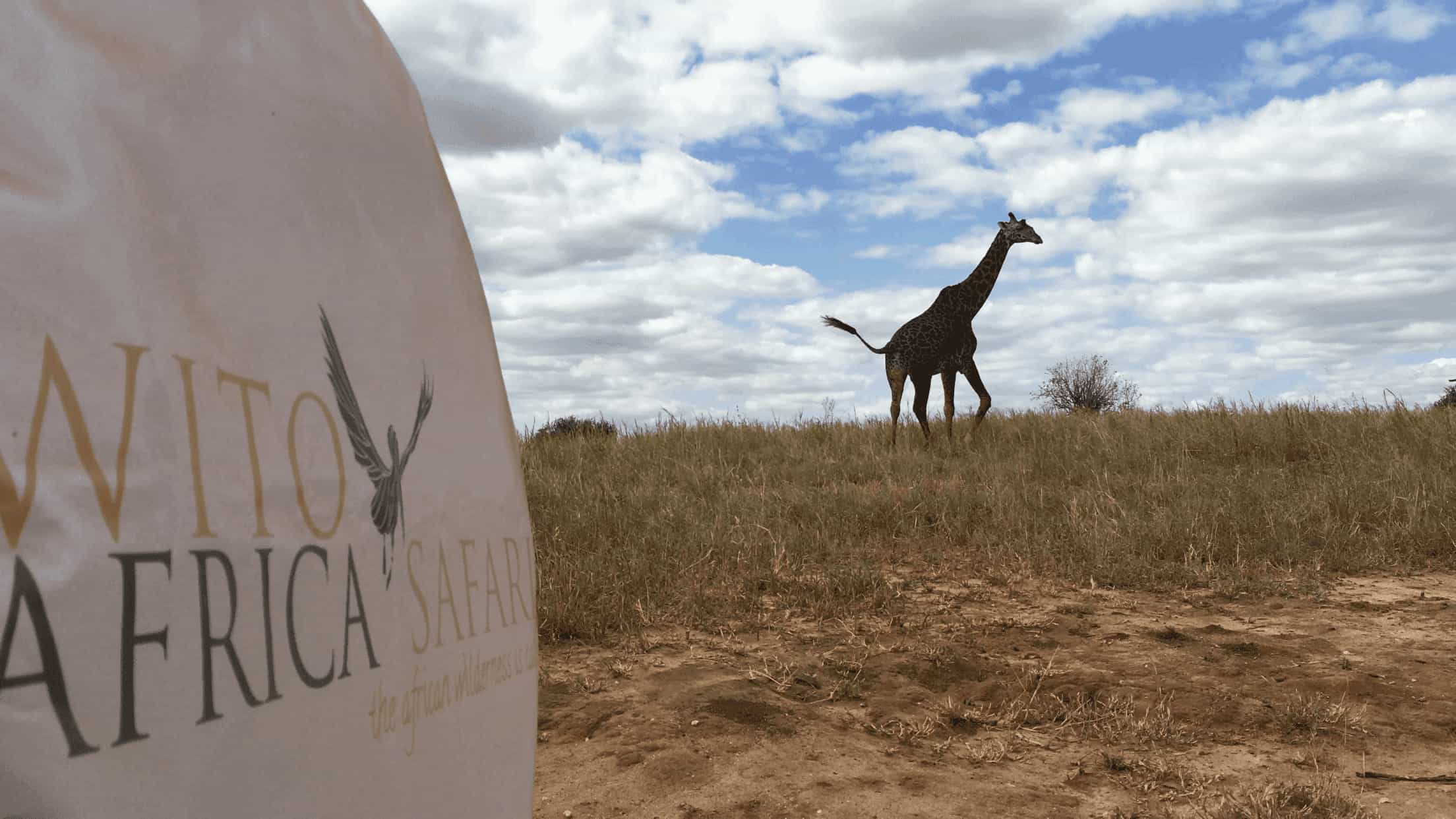
While Mfinanga has a deep fondness for African wildlife—speaking with wonder and admiration about showing tourists natural spectacles such as the great migration of wildebeests and observing the more than 30,000 wildlife species found in the Ngorongoro Crater—helping Tanzanian people is also an integral part of Wito’s mission.
“I started my own company to run my own thing and expose people to the [country’s] culture,” he says. “I take a different approach to exposing my clients to Tanzania. I don’t just send them to see wildlife—it’s not a trip from the airport straight to the national parks. I try to slow down things for them and allow them to experience more culture.”
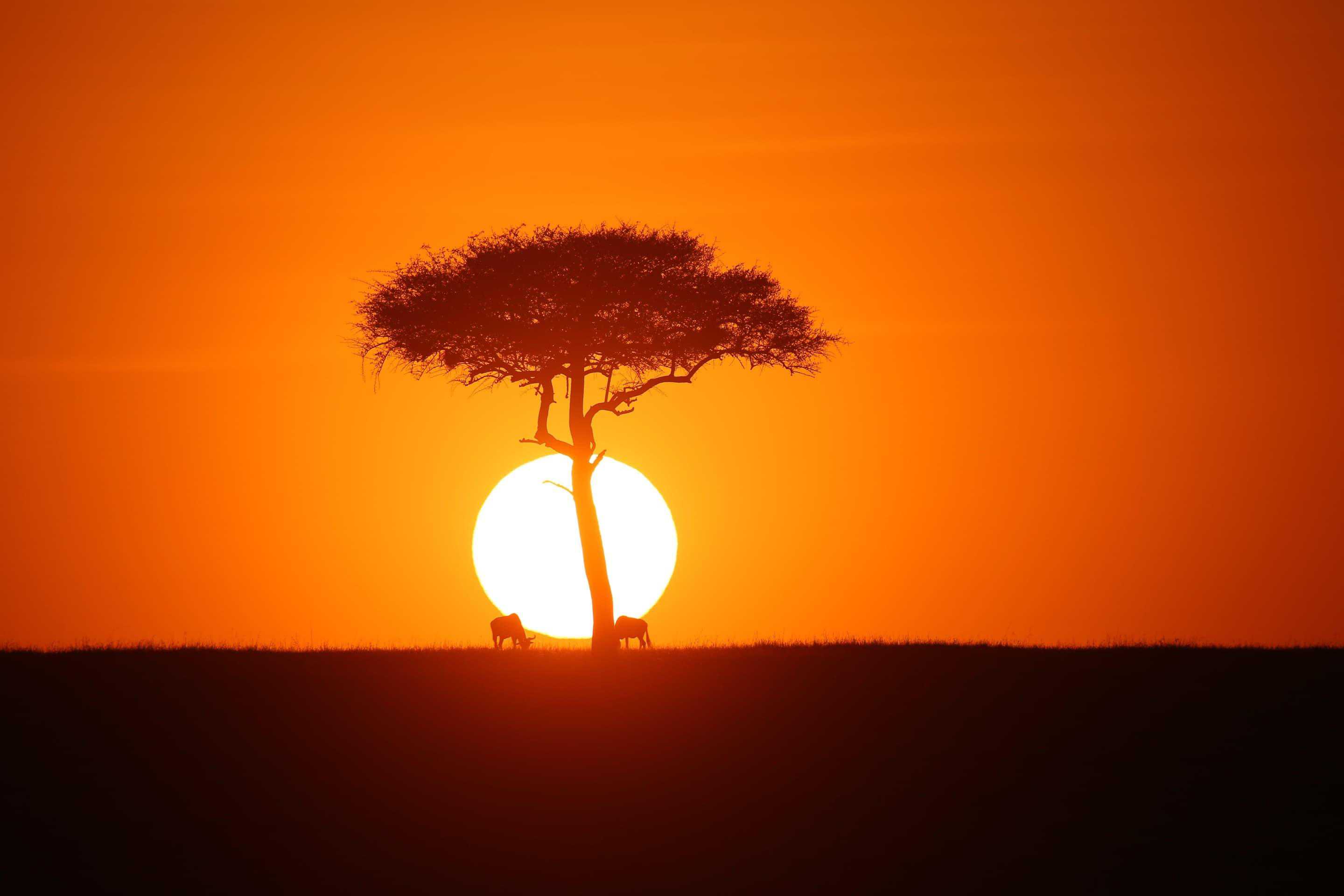
Creating unique experiences where tourists can spend time with Tanzanian people is an important facet of the business to Mfinanga, regardless of whether it involves meeting the Maasai people and learning about their culture, cooking traditional Swahili dishes and going to the market with local Tanzanians, or day trips to meet farmers who produce aromatic spices in Zanzibar. “ benefit from the tourism,” he says. “We also expose the tourists to diverse cultures, transforming it into meaningful experiences for both parties.”
Oct. 27-30, 2019
Orlando, FL
Berlin
1-3 March, 2020
Registration Open Soon






